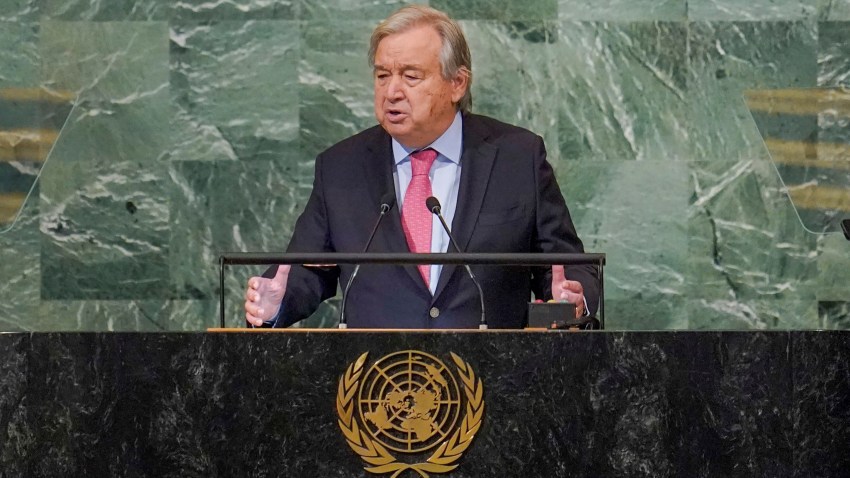For analysts who work on the United Nations for more than a few years, it is common to get a sense of déjà vu whenever the institution enters one of its periodic bouts of crisis. In 2005, when I moved to New York to study the U.N. at close quarters for the first time, the global organization was still reeling from the rifts caused by the U.S. invasion of Iraq two years before. At the time, diplomats were furiously debating ideas for reforms to the multilateral system in the invasion’s aftermath.
Fast forward to today, and another war—Russia’s all-out attack on Ukraine—is dominating U.N. diplomacy. Once again, proposals to reform the institution are also topping the agenda, as officials prepare for a “Summit of the Future” scheduled to take place in September 2024.
Secretary-General Antonio Guterres proposed the summit in 2021. His goal then was to spark a discussion of how to revitalize multilateralism after the COVID-19 pandemic, during which international cooperation faltered badly. But Guterres’ agenda is expansive, ranging from climate change to regulating artificial intelligence. Diplomats in Turtle Bay grumble that they are working on 13 different negotiating tracks related to the summit.

